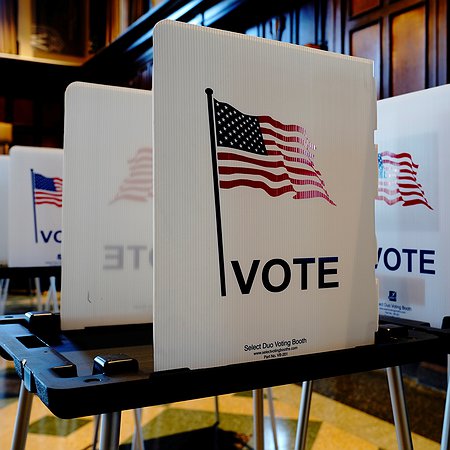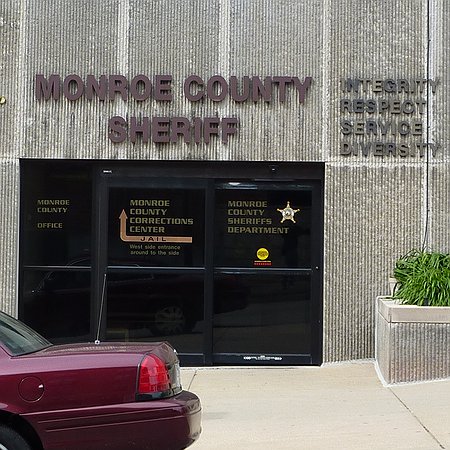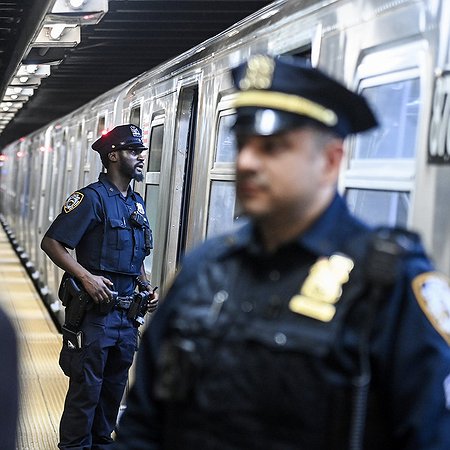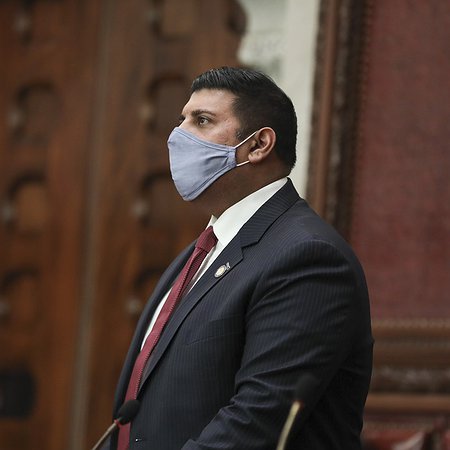Discovery Reform: Debunking Common Myths
As a small group of prosecutors continues its 11th hour campaign to undo New York’s discovery reform laws behind closed doors, Justice Not Fear is debunking common myths and talking points about the law and the regressive proposed changes.
The Briefing
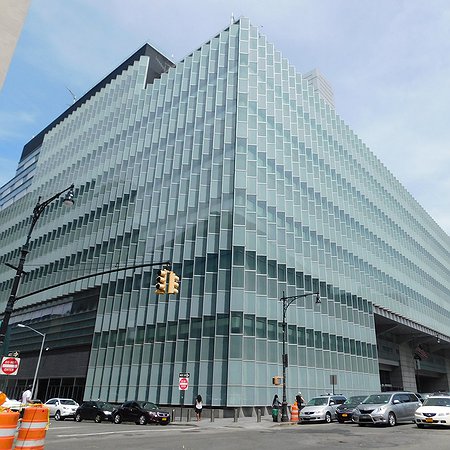
As a small group of prosecutors continues its 11th hour campaign to undo New York’s discovery reform laws behind closed doors, Justice Not Fear is debunking common myths and talking points about the law and the regressive proposed changes. The truth is that 1) discovery reform is not creating any unjust outcomes; 2) the reforms do not create any “onerous” burden for prosecutors and; 3) the proposed changes are no “tweak” and would undermine the efficacy of the original law.
MYTH: Discovery reform is causing more dismissals and unjust outcomes
A recent piece in the New York Times quoted a spokesperson for Manhattan DA Alvin Bragg, who falsely linked discovery reform with “thousands of cases being needlessly dismissed.” The article’s subheading also noted an increase in dismissed cases in an attempt to legitimize the necessity of discovery reform rollbacks.
The truth is that the dismissal rate for indicted felonies is almost identical before and after discovery reform. The data shows that more low-level cases are being dismissed, but there is no clear indication why dismissals are happening, and discovery reform did not create unjust outcomes, as many prosecutors are claiming.
The data indicates that prosecutors are taking a long-needed look at the types of cases they prosecute. Before discovery reform, prosecutors could allow low-level cases to sit in the system, as people charged with crimes were not able to see the full range of evidence being used against them. This practice allowed prosecutors to create leverage to extract plea deals. The data indicates that these types of petty cases, where prosecutors likely do not have strong evidence to begin with, are being dismissed.
While prosecutors claim that thousands of cases are being needlessly dismissed, the reality is that thousands of cases are being needlessly charged in the first place. The law is not too onerous to comply with – the evidence for this is the lack of dismissals for felonies. When prosecutors want to comply with discovery laws, they take the simple steps to do so.
MYTH: The law creates an “onerous” burden for prosecutors
The Times story quotes prosecutors claiming that attorneys are leaving their offices in droves because of “onerous discovery requirements.” But the reality is New York’s discovery reform laws did not create any new burden for prosecutors or police to find or create new evidence. All prosecutors need to do to comply with the law is coordinate with law enforcement.
The reforms made New York’s discovery consistent with many jurisdictions across the country in requiring “open file discovery,” meaning that the defendant is able to see the evidence in the possession of the prosecution or police, unless that information should be protected for some reason. The laws did not create a burden to seek out any information, documents, or evidence that is not in the control of law enforcement in the vast majority of cases. In other words, in the vast majority of cases, the new laws only require a prosecutor to look at their own file and coordinate with the police department who made the arrest
The problem in New York State has not been that District Attorneys offices have been running around trying to get more information just to meet the requirements of a strange and complicated law; the problem is that police departments across the State are unorganized and uninterested in becoming organized. What should be a simple process of the police keeping track of which reports are involved in a case and then sending those files over to the prosecution has revealed antiquated and lazy police file organization. The discovery reform laws require law enforcement to turn over what is in their files to the defense. Instead of adjusting to the law and getting better organized, law enforcement has spent the past four years complaining about the new law.
MYTH: The proposal is just a tweak to the initial law
Proponents of the rollbacks have claimed that the rollbacks are a “tweak.” This is false – the proposed changes to the law would completely undo the practical effects of reform. The proposal would shift the burden to the defense to determine what evidence the government may or may not have. This is absurd. The defense does not have access to the police files like the prosecution does and cannot read minds. This informational imbalance will likely cause defense attorneys to file stock motions in every case to make sure their clients’ rights are not being waived.
The proposal will also take away all incentives for the prosecution to follow the law by insulating prosecutors from speedy trial consequences. If the proposal becomes law, defense attorneys will have to file discovery motions in each case to ensure their clients’ rights are not being violated by forfeiting their right to discovery. Each unnecessary motion stops the speedy trial “clock.” which would result in delayed cases and court congestion. The impact of this change will most acutely impact New Yorkers incarcerated pretrial.
FACT: The answer is funding resources for discovery implementation
Prosecutors and defenders agree that more funding and resources are needed for implementation of the discovery law. But now, a small group of powerful prosecutors are lobbying lawmakers at the 11th-hour to roll back significant civil rights reforms without any opportunity for public or stakeholder feedback. Bronx District Attorney Darcel Clark was the judge who presided over the case of Kalief Browder, the young man who killed himself after spending almost three years in jail. She is now trying to gut “Kalief’s Law.”
Before the budget deadline, both legislative houses included funding for prosecution and defense discovery implementation in their one-house budgets. Gov. Hochul agreed as well – her initial budget proposed more funding for implementation. But now, with the budget over four weeks late, Gov. Hochul and prosecutors have gone back on the initial agreement and instead want to gut a landmark reform because prosecutors are upset they have to do more work.
Just because something is hard to do does not make it wrong. Before 2019, New York lagged behind the vast majority of states when it came to fairness in discovery. Bringing the system into the 21st century takes time, effort, and commitment, but it can be done.
Story Link
Misleading story in the New York Times
